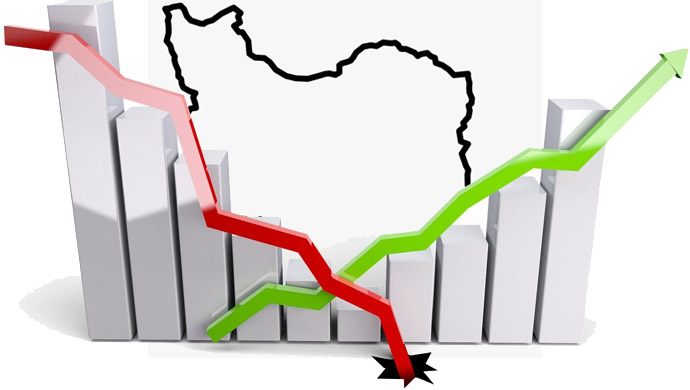In his Nowruz address, the Iranian regime’s supreme leader Ali Khamenei claimed that all the country’s economic problems would be fixed through the development of a “knowledge-based production.” And accordingly, he declared the new Persian year as the year of knowledge-based production, adding, “To achieve economic growth and reform the economy, we must move toward a knowledge-based economy.”
Khamenei’s remarks come at a time that Iran’s economy is beyond bankruptcy, with millions of people struggling with growing poverty, unemployment, inflation, and skyrocketing prices.
Taken at face value, the move toward knowledge-based production is a good proposition. But when looked at from the perspective of Iran’s economy and the nature of the mullahs’ rule, Khamenei’s recommendations are no less ridiculous and inconceivable than the ones he made in his previous Nowruz addresses.
Knowledge-based economy
The term “knowledge economy” was coined by economist Peter Drucker in his book The Age of Discontinuity and later expanded on by other scientists and researchers. The knowledge economy values scientific and technical innovation and invests in human and intellectual capital.
Countries that are successful in knowledge economy or are moving in the right direction meet several key criteria, including an educated and skilled labor force, a dense and modern information infrastructure, an effective innovation system, and institutions and laws that support and encourage entrepreneurship.
The countries of the region are acknowledging the growing value of knowledge-based economies, investing in universities, research labs, startups, and emerging technologies. They are providing government grants and other funding vehicles to encourage entrepreneurship and new science initiatives. They are working closely with tech companies to provide their people with the latest technology and communication facilities. They are empowering their educated workforce and attracting foreign talent to take the lead in different industrial areas.
Knowledge-based economy in Iran
The mullahs’ regime, on the other hand, represents everything that goes against the establishment of a knowledge-based economy in Iran.
Iran is faced with one of the worst global cases of brain drain. The country has a highly educated population, but college and university graduates are largely deprived of employment opportunities, unless they can shortcut their way to success through ties with regime officials and institutions. This is why many Iranians migrate to other countries, where their talent and skills are much more appreciated.
Moreover, Iran’s economy is largely controlled by the Revolutionary Guards (IRGC), whose priorities is its own ambitions of domestic and regional power and not the nation’s economic growth. The IRGC’s sway over Iran’s economy has all but stifled all room for the growth of startup ecosystems. Independent entrepreneurs have near-zero chance of starting their own business unless they become part and parcel of the IRGC-controlled economy.
The IRGC’s engagement in terrorism and money laundering is making it impossible for Iran to attract foreign talent and capital to help economic growth. With IRGC having the lion’s share of Iran’s economy, any trade with Iran will be shadowed by the implications of the IRGC’s illicit activities.
And instead of providing the people of Iran with the latest technology that can spur economic growth, the regime has invested the country’s wealth in developing internet censorship technologies to spy on dissidents and prevent news of protests from being broadcast across the world. The surveillance and censorship apparatus of the regime comes at the cost of the economic growth that would have otherwise happened if people had unlimited access to online services.
Therefore, knowledge-based economy is a promising endeavor, but not while Iran is ruled by a regime that is corrupt to the core and does not have the interests of the people in mind. Achieving knowledge-based production would require Khamenei to take fundamental steps that would be the undoing of his tyrannical regime.





